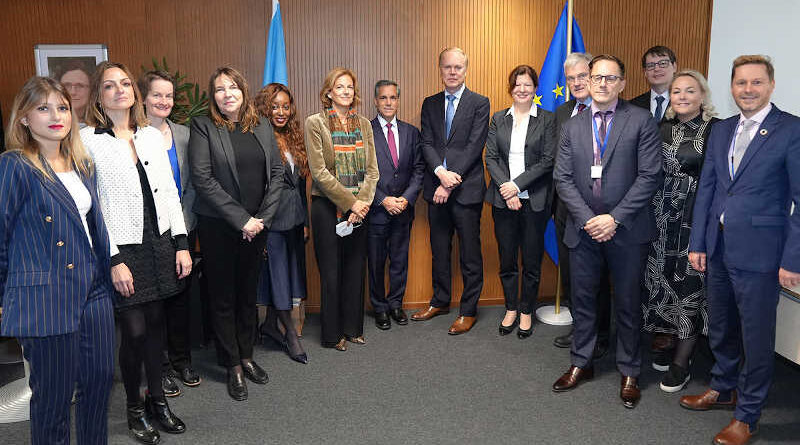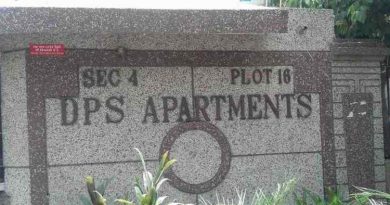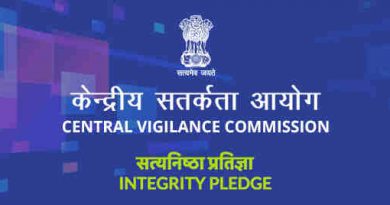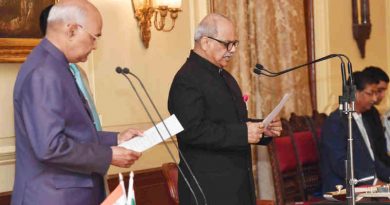UNODC and European Union Hold Anti-corruption Dialogue

The United Nations Office on Drugs and Crime (UNODC) and the European Commission’s Directorate-General for Migration and Home Affairs (DG HOME) co-organized the first-ever EU-UNODC Anti-Corruption Dialogue in Brussels.
A follow-up to the 16th EU-UNODC Senior Officials Meeting held earlier this year, the dialogue – held on October 6 – offered a forum to discuss common priorities and challenges, identify opportunities to further align efforts, and agree on future cooperation areas between the two organisations.
According to UNODC, cooperation and multilateralism are critical in driving forward development and ensuring that some of the world’s most pressing issues, including corruption, can be more effectively tackled and their ill-effects reversed.
The first EU-UNODC Anti-Corruption Dialogue provided a platform to both organizations to exchange best practices and align their strategy to tackle corruption together.
[ Also Read: India Corruption Research Report 2022 ]
Henrik Nielsen, Director for International and Horizontal Affairs, DG HOME, highlighted the ever-growing importance of anti-corruption for the European Union during the opening of the forum.
“The fight against corruption is very high on the Commission’s agenda,” he noted “Most recently this was demonstrated by its prominent reference in the 2022 State of the European Union address, where just last month President von der Leyen explicitly flagged corruption as a key political priority for the EU.”
“During our long-standing partnership, the EU has been one of UNODC’s most steadfast and generous partners, both in policy development and standard-setting work, as well as in assisting countries to address key security and resilience threats,” stated John Brandolino, UNODC Director for Treaty Affairs.
The EU and UNODC are currently cooperating on projects in support of anti-corruption, anti-money-laundering, and asset recovery in Asia and the Pacific, Africa, and at the international level in support of the review mechanism of the United Nations Convention against Corruption (UNCAC).






